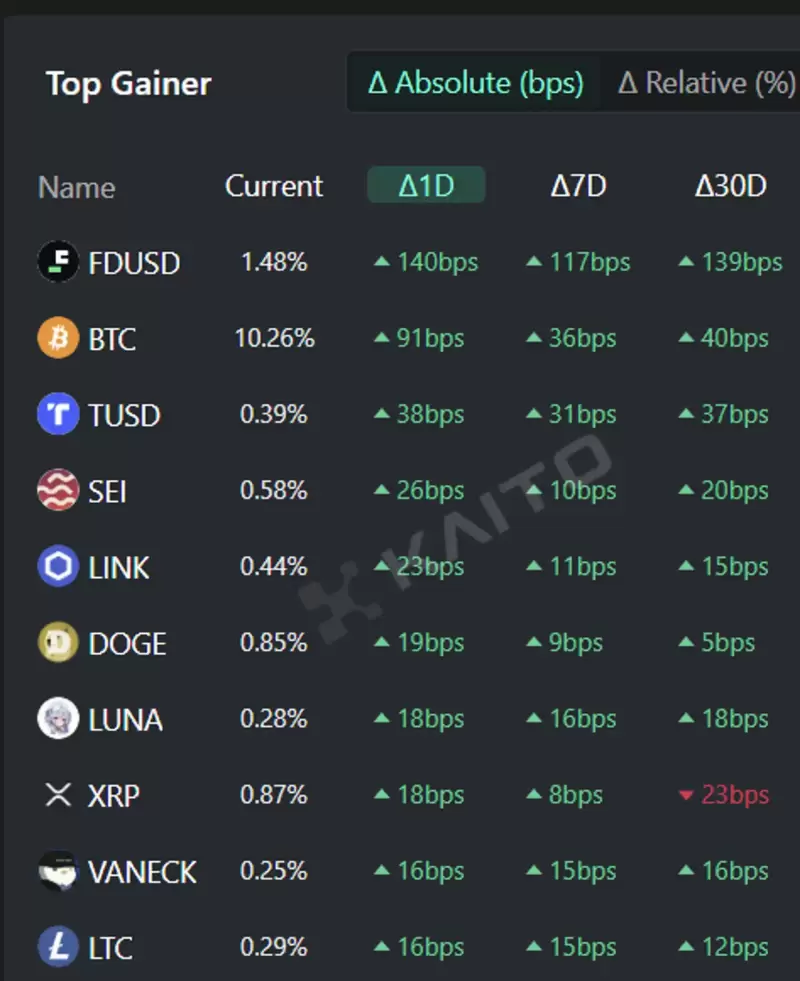 |
|
 |
|
 |
|
 |
|
 |
|
 |
|
 |
|
 |
|
 |
|
 |
|
 |
|
 |
|
 |
|
 |
|
 |
|
Cryptocurrency News Articles
Japan's Yen Woes Drive Flight to Bitcoin as Fiat Currency Stability Falters
Apr 28, 2024 at 11:40 am
In the midst of an economic downturn, Japan's yen has plunged to a 34-year low against the U.S. dollar, raising concerns about the stability of fiat currencies. Amidst this volatility, Bitcoin has emerged as a safe haven, with its value surging against the Japanese currency. As analysts question the viability of fiat assets in the face of persistent inflation, Bitcoin's scarcity and decentralized nature have made it an attractive alternative for Japanese individuals and businesses seeking protection against currency devaluation.

Japan's Economic Turmoil: Yen's Plunge Prompts Flight to Bitcoin Amidst Fiat Currency Fragility
Tokyo, Japan - Amidst a tumultuous economic landscape, the Japanese yen has plunged to its lowest level against the U.S. dollar in 34 years, sparking concerns over the fragility of fiat currencies and prompting a surge in Bitcoin's value as a potential haven.
The yen's depreciation has raised alarm bells among financial analysts, highlighting the vulnerabilities of traditional monetary systems in the face of persistent inflation and economic uncertainty. As the U.S. Federal Reserve maintains its hawkish stance on interest rates, the Bank of Japan grapples with the challenge of bolstering the yen's value while navigating the treacherous waters of monetary policy.
In this backdrop of financial turmoil, Bitcoin has emerged as a beacon of stability, witnessing a meteoric rise in value against the Japanese currency in recent days. Online platforms are abuzz with discussions about Bitcoin's potential to serve as a "sound money" alternative, offering a hedge against the devaluation of traditional fiat assets.
The yen's plunge to levels unseen since 1990 has underscored the fragility of fiat currencies, prompting analysts to question their long-term viability amidst inflationary pressures. As traditional currencies falter, Bitcoin has surged to the forefront as a potential safeguard against the pitfalls of fiat assets.
Bitcoin's surge against the Japanese yen has sparked fervent discussions on social media, with proponents hailing it as the epitome of "sound money" in an era of monetary instability. Industry leaders like Michael Saylor, CEO of MicroStrategy, have echoed this sentiment, heralding Bitcoin as a beacon of hope amidst the turmoil of collapsing fiat currencies.
Central to Bitcoin's appeal is its finite supply, a feature ingrained into its very foundation by its enigmatic creator, Satoshi Nakamoto. With a predetermined limit of 21 million coins, Bitcoin stands in stark contrast to the inflationary tendencies of traditional fiat currencies. This scarcity, coupled with its decentralized nature, has positioned Bitcoin as a resilient store of value in an increasingly uncertain financial landscape.
The recent influx of institutional interest in Bitcoin further underscores its growing prominence as a hedge against economic volatility. Japanese public firm Multiplanet's acquisition of $6.25 million worth of Bitcoin serves as a testament to the growing acceptance of cryptocurrencies as legitimate assets within mainstream finance.
Renowned figures in the cryptocurrency space, such as Michael Saylor, advocate for Bitcoin as a beacon of hope for Japan in these troubled times. Saylor emphasizes Bitcoin's superior design, citing its finite supply of 21 million coins and its immutable protocol as key factors driving its appeal as a store of value. With Japanese companies like Multiplanet making substantial investments in Bitcoin, the digital currency's role in reshaping Japan's financial landscape becomes increasingly apparent.
The fluctuations in the Japanese yen hold profound implications for the cryptocurrency market, with analysts closely monitoring developments for potential ripple effects. While the yen's depreciation has yet to significantly impact cryptocurrency prices, the prospect of intervention by the Bank of Japan looms large. Any move by the BOJ to bolster the yen, whether through asset sales or other measures, could have far-reaching consequences for Bitcoin and other digital assets.
Furthermore, the growing interest in deposit-backed stablecoins among Japanese banks underscores the evolving nature of Japan's financial ecosystem. As traditional institutions explore digital alternatives to fiat currencies, the stage is set for a paradigm shift in how money is transacted and stored.
In the global macroeconomic landscape, the fate of the Japanese yen and its implications for cryptocurrencies remain intertwined. The possibility of intervention by central banks, coupled with ongoing discussions surrounding monetary policy and inflationary pressures, adds layers of complexity to an already volatile market.
As Japan grapples with economic uncertainty, Bitcoin emerges as a beacon of stability, offering individuals and businesses alike a hedge against the tumultuous forces of fiat currency devaluation. With its decentralized nature and finite supply, Bitcoin represents not just a digital currency, but a paradigm shift in how we perceive and interact with money in the digital age.
Disclaimer:info@kdj.com
The information provided is not trading advice. kdj.com does not assume any responsibility for any investments made based on the information provided in this article. Cryptocurrencies are highly volatile and it is highly recommended that you invest with caution after thorough research!
If you believe that the content used on this website infringes your copyright, please contact us immediately (info@kdj.com) and we will delete it promptly.
-

- FDUSD, BTC, TUSD, SEI, and LINK are the top 5 virtual asset-related keywords attracting the most interest
- Apr 03, 2025 at 03:45 pm
- According to the Token Mindshare (a metric quantifying the influence of specific tokens in the virtual asset market) top gainers from the AI-based Web3 search platform Kaito
-

-

-

-

-

- Meme Cryptocurrency Dogecoin DOGE/USD Falls After President Donald Trump's Tariff Shock, Extending Weekly Losses to Over 16%
- Apr 03, 2025 at 03:35 pm
- Popular dog-themed cryptocurrency Dogecoin DOGE/USD fell Wednesday after President Donald Trump's tariff shock, extending its weekly losses to over 16%.
-

-

-





























































